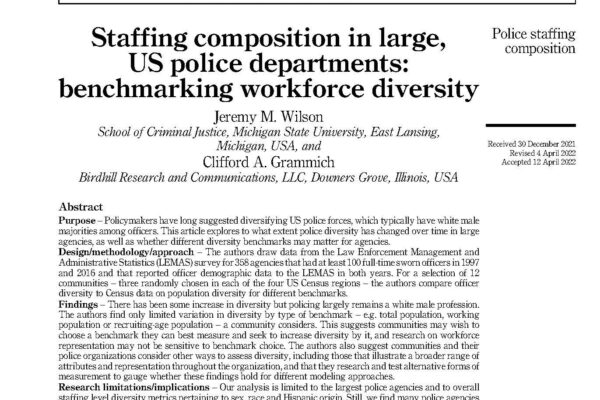Online marketplaces have developed over the past 20 years into a vigorous, innovative and hugely successful industry. It supports large corporations and empowers emerging entrepreneurs by connecting them with customers across the globe. However, there is a dark side to this success: it also facilitates the trade in counterfeit goods. In contrast to other facilitative industries, such as logistics and payment providers, online marketplaces attract special attention because the visibility of the counterfeits in their shop windows create obvious opportunities for controlling the illicit trade. This report presents the findings of exploratory research into the practices used by a sample of online marketplaces to tackle the trade in counterfeits. It finds that a small minority of the platforms implement meaningful anti-counterfeiting policies. Due to the variety of business models in the market, the report recommends a risk-based approach for a common anti-counterfeiting framework rather than a prescriptive menu of practices.
Practices Used by Online Marketplaces to Tackle the Trade in Counterfeits. Geneva, Switzerland: World Intellectual Property Organization, 2023.
Featured Research

A Performance-Based Approach to Police Staffing and Allocation
U.S. Department of Justice, Office of Community Oriented Policing Services

Brand Protection and the Global Risk of Product Counterfeits: A Total Business Solution Approach
Edward Elgar Publishing
***WINNER OF THE AMERICAN SOCIETY OF CRIMINOLOGY DIVISION ON WHITE-COLLAR AND CORPORATE CRIME OUTSTANDING BOOK AWARD***

Staffing Composition in Large, US Police Departments: Benchmarking Workforce Diversity
Policing: An International Journal

Reframing the Police Staffing Challenge: A Systems Approach to Workforce Planning and Managing Workload Demand
Policing: A Journal of Police and Practice

Police Recruitment and Selection: Resources And Lessons for Workforce Building
U.S. Department of Justice, Office of Community Oriented Policing Services

